In a bold prediction about the future of work, Elon Musk, the CEO of electric car manufacturer Tesla, suggested that jobs might become optional or evolve into hobbies due to the rapid advancements in artificial intelligence (AI) and robotics. Speaking at a technology event in Paris, Musk envisioned a future where traditional employment is no longer necessary as AI programs and robots increasingly take over human tasks.
"Probably in the future no one will have a job," Musk said, adding that this transformation wouldn't be detrimental. Instead, it would enable individuals to work if they choose to, treating work more like a hobby. Musk stressed the importance of a universally high income to successfully integrate AI and robotics into society, hinting at a financial model distinct from Universal Basic Income (UBI), though he refrained from providing detailed specifics.
The billionaire entrepreneur acknowledged the remarkable strides made in AI capabilities over the past few years, noting the technology's rapid pace of advancement. He expressed uncertainty about how regulators, companies, and consumers will adapt to these changes, emphasizing the ongoing concerns about the potential disruption of various industries and jobs.
Musk's remarks have sparked widespread discussion about the future of employment and the role of AI in reshaping the labor market. As AI continues to evolve, the need for strategic planning and regulation becomes increasingly critical to ensure a smooth transition to this new paradigm of work.



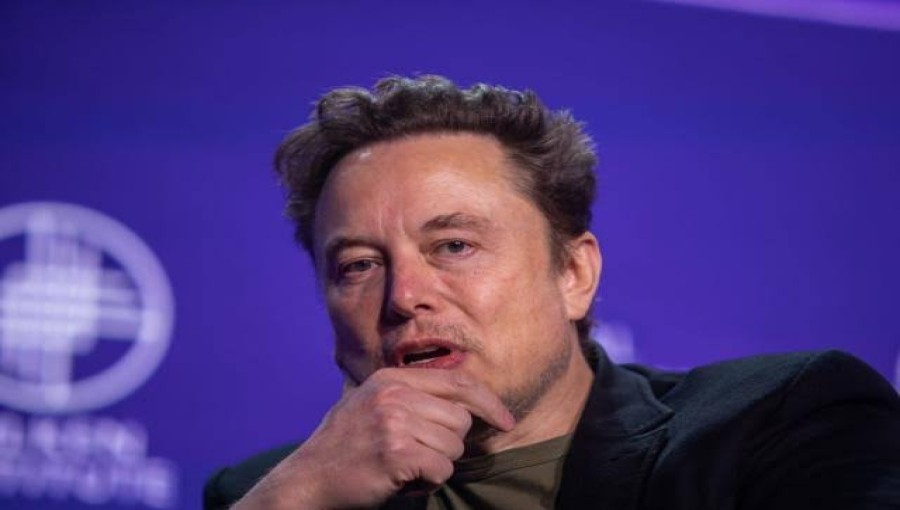

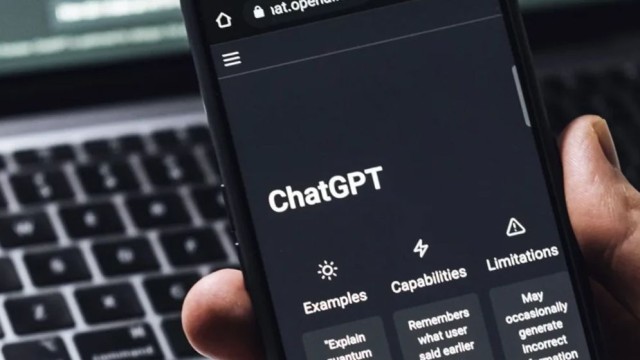
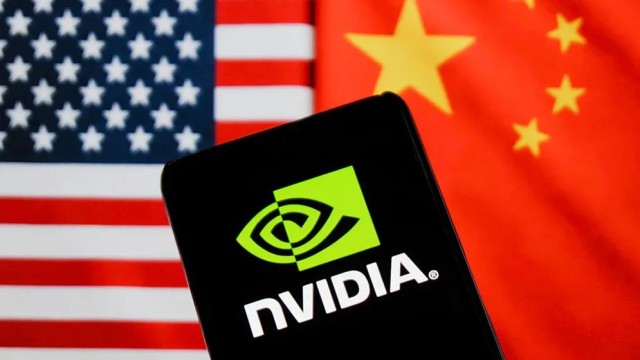
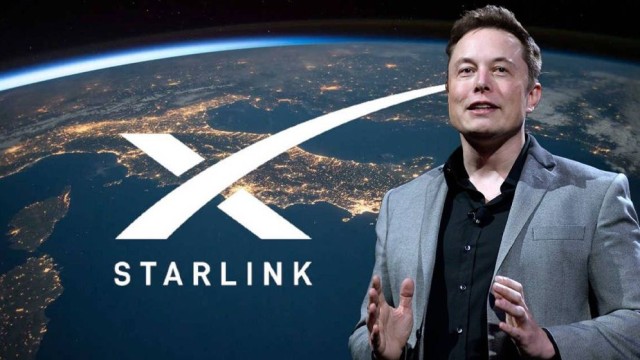
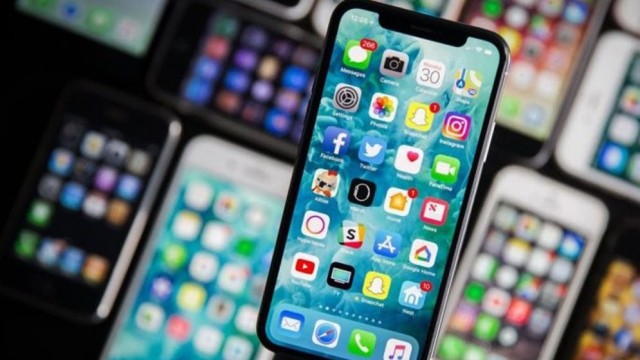
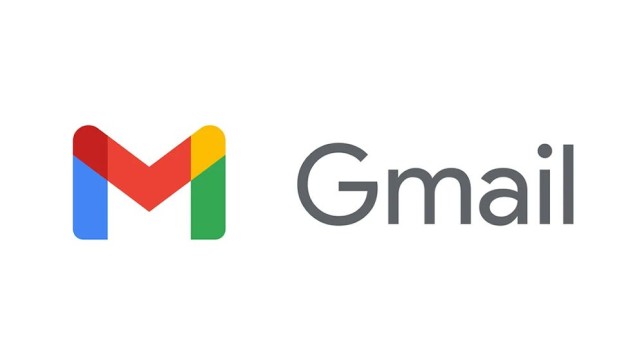






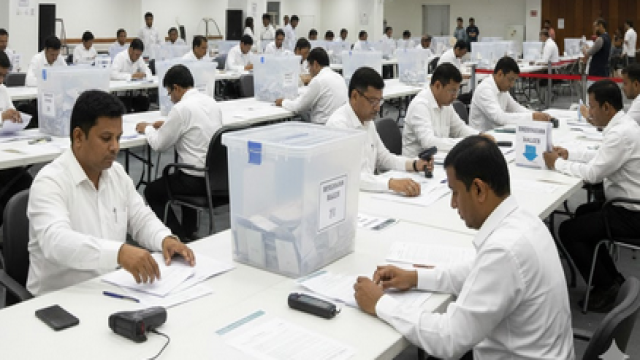

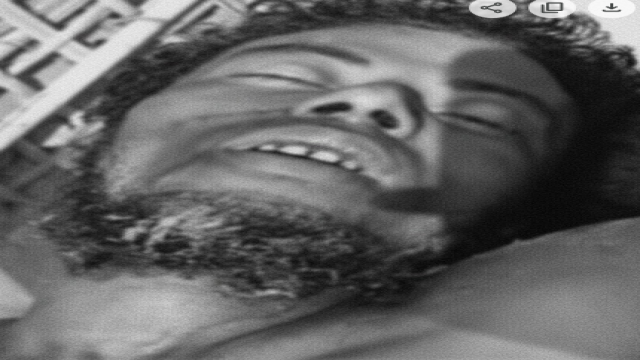
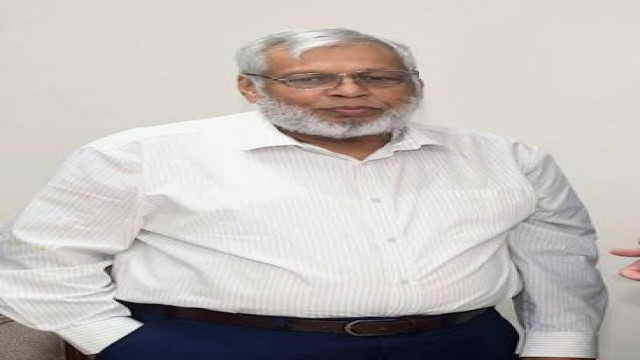










Comment: